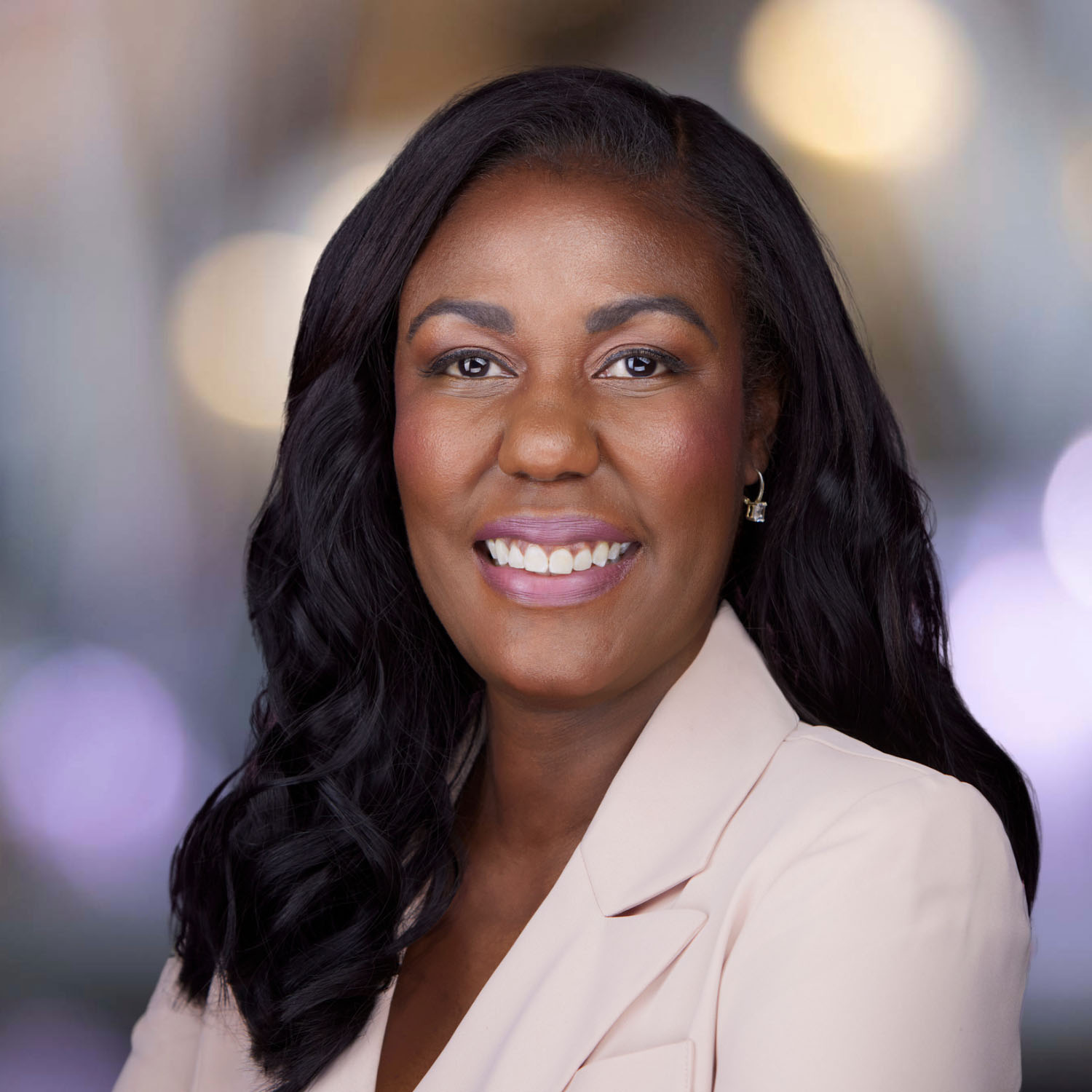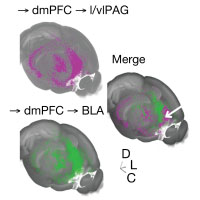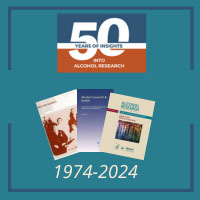Five Questions With…
Paule V. Joseph, CRNP, Ph.D. Acting Chief of the Section of Sensory Science and Metabolism, National Institute on Alcohol Abuse and Alcoholism, Co-Director of the National Taste and Smell Center at the National Institutes of Health

-
Please tell us about your research, which you conduct for two institutes at the National Institutes of (NIH). Why do you study taste and smell in the context of alcohol problems?
I am a nurse scientist with the National Institute on Alcohol Abuse and Alcoholism and the National Institute of Nursing Research. My research bridges nursing, sensory science, and behavioral health. My research agenda is shaped by a profound interest in how sensory experiences—particularly those related to taste and smell—can significantly affect our health, influence eating and drinking behaviors, and contribute to the development and progression of metabolic diseases and alcohol use disorder (AUD).
My journey into this research is rooted in an innate curiosity about the sensory experiences that define interactions with the world around us. As a nurse, I often observed how important smell is, especially when assessing infection in patients. In my interactions with patients receiving weight loss surgery, people often told me how food didn’t taste the same. I also noted that after their procedures, some patients later developed AUD.
I went on to pursue doctoral training, in which I explored the intersection of sensory science and health care. Later, I joined NIH, driven by a desire to conduct comprehensive research to understand and harness the power of taste and smell.
Today, in addition to advancing scientific knowledge, I hope to challenge and change prevailing biases in a world predominantly focused on vision and hearing. I believe the primordial senses—often ignored or forgotten—hold the key to unlocking new dimensions in health care, offering novel approaches to prevention, treatment, and rehabilitation. Through an increased understanding of the sensory alterations experienced by those with AUD, I aim to uncover targeted strategies that could significantly affect treatment and recovery. It's about unlocking the potential for personalized interventions that can lead to better health outcomes.
-
What are some of your recent project highlights?
One highlight includes a study that is delving into how alcohol consumption behaviors can alter taste and smell, potentially leading to or exacerbating AUD. Our work includes:
- Developing a novel method for measuring human taste and smell, including the remote chemosensory tests in a mobile ecological toolkit
- Examining the impact of diet on taste
- Exploring how taste and smell are affected by alcohol use
- Characterizing the loss of taste and smell in patients with COVID-19 and long COVID
Currently, we are leveraging virtual reality and other innovative technologies for our studies. In June 2024, we will launch the National Taste and Smell Center—a joint effort with the National Institute on Deafness and Communication Disorders and supported by additional NIH components. Finally, we are developing novel interventions aimed at curtailing unhealthy eating and drinking patterns, particularly in populations at risk of health disparities.
-
What are some key messages you wish to highlight, and how do you go about reaching audiences?
A cornerstone of my mission is to highlight the pivotal role that our senses play in overall well-being. Changes in our ability to taste and smell affect our enjoyment of food and drink and can have profound implications for health. In particular, I seek to educate the public and health care professionals by emphasizing the significance of olfactory experiences in our interactions with alcohol, encouraging a more holistic view of sensory health.
My goal is to promote more informed choices for health and encourage the consideration of olfactory factors in both clinical and personal contexts related to alcohol misuse. In addition to academic publications and public lectures, I am active on social media to raise awareness about the importance of these often-neglected senses. Topics that I focus on include the need for:
- Increased education for individuals and clinical providers about how taste and smell contribute to health and well-being
- Screening and comprehensive testing for olfactory disorders across health care disciplines
- Clinical standards to guide clinicians in addressing olfactory-related issues
- Multidisciplinary treatment approaches for olfactory disorders
-
Why do you see outreach as integral to your work?
Engaging with the wider community through social media and speaking opportunities is a passion of mine. As scientists, we have power through writing and speaking. As part of my own journey, my commitment extends beyond the laboratory. It’s not just about sharing the latest scientific findings. It’s also about making science accessible, promoting health equity, and inspiring the next generation of scientists. In an era where misinformation can spread rapidly, providing accurate, accessible scientific information is crucial.
I aim to bridge the gap between the scientific community and the public, making science more approachable and understandable. I hope to demystify the complexities of sensory science and its intersection with health and health disparities. Working with diverse audiences not only educates but also empowers individuals, enabling them to make informed decisions about their health and well-being.
Moreover, I think that these platforms can be leveraged to mentor and create community, especially for underrepresented minorities. Sharing our scientific journey is as important as sharing the science itself. The path to becoming a scientist is fraught with challenges, failures, and successes. In relaying my experiences—from my initial fascination with taste and smell, through the rigorous training, to my current research—I hope to inspire and encourage emerging researchers to see that science is a journey of discovery, resilience, and continuous learning.
-
Can you share what you like to do when you’re not at work?
Outside my professional life, I love to travel, especially to places with lots of history, where I can imagine myself in past eras. My South American body loves the sun and the beach−escaping to nature brings me joy. Whether it's spending time with my beautiful family, immersing myself in silent (or not) meditation retreats, or simply enjoying the company of friends, these moments away from work are vital. They not only offer me a respite but also often spark creativity and bring fresh perspectives to my research.









